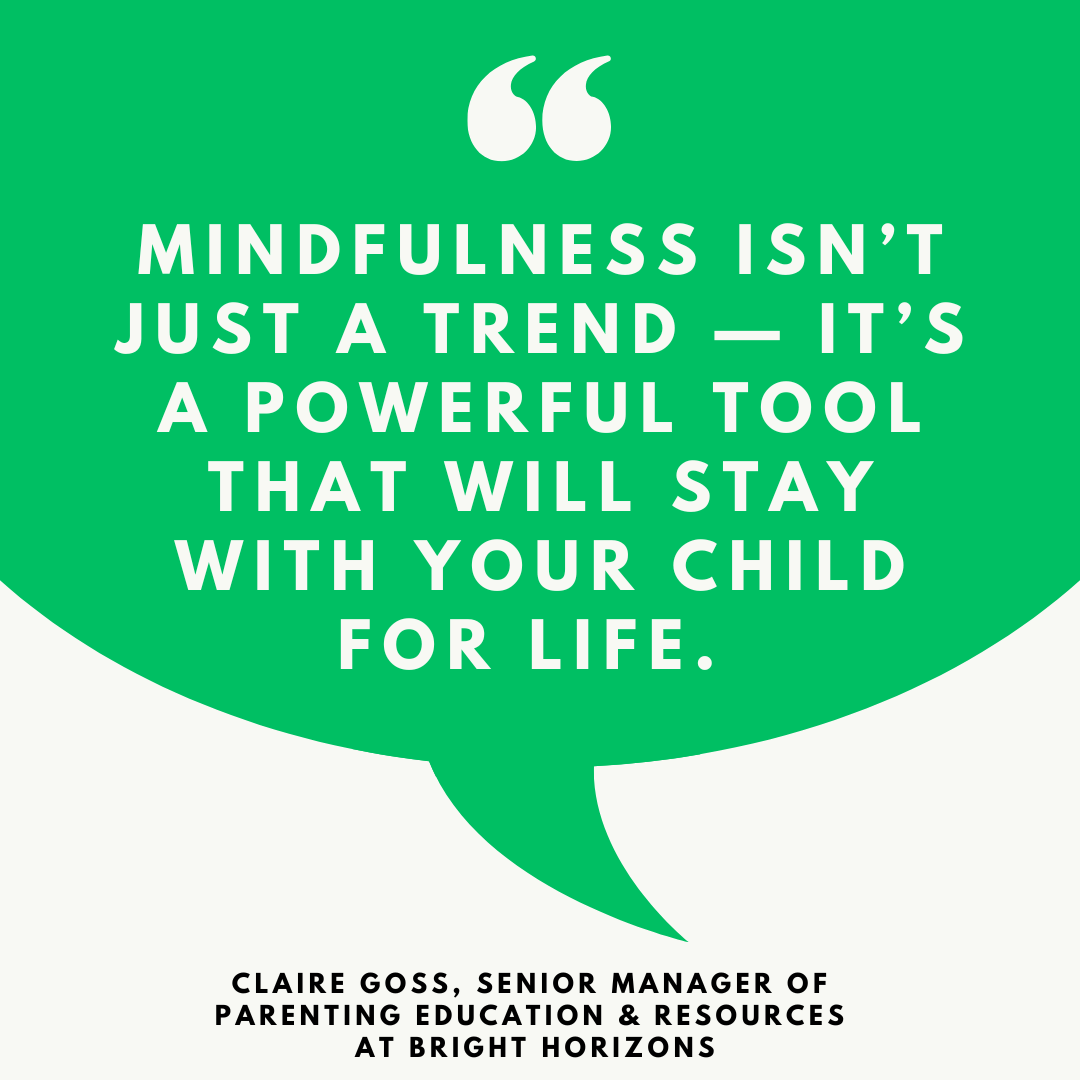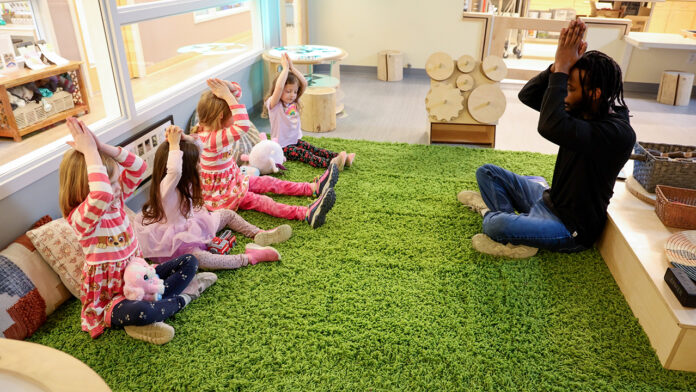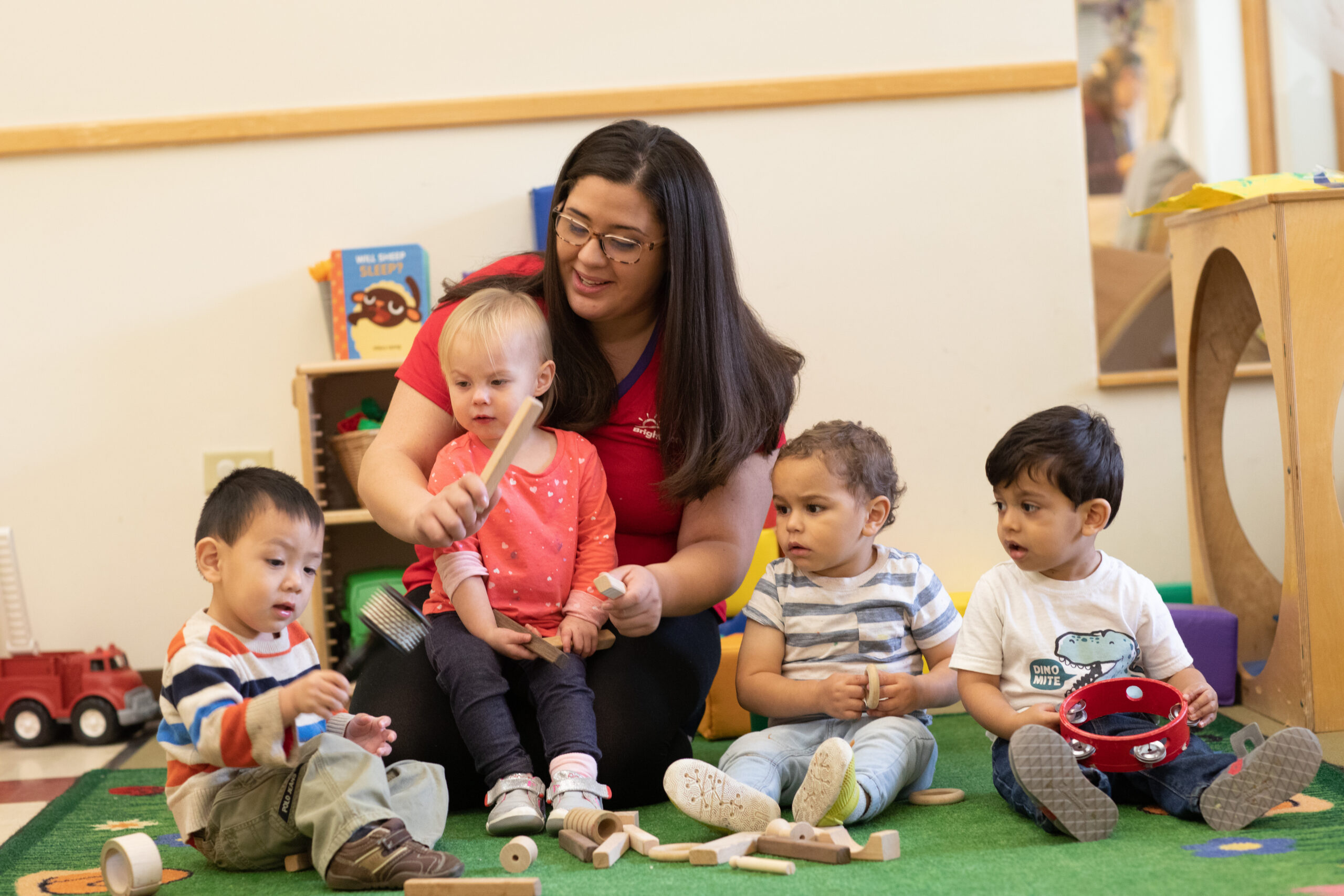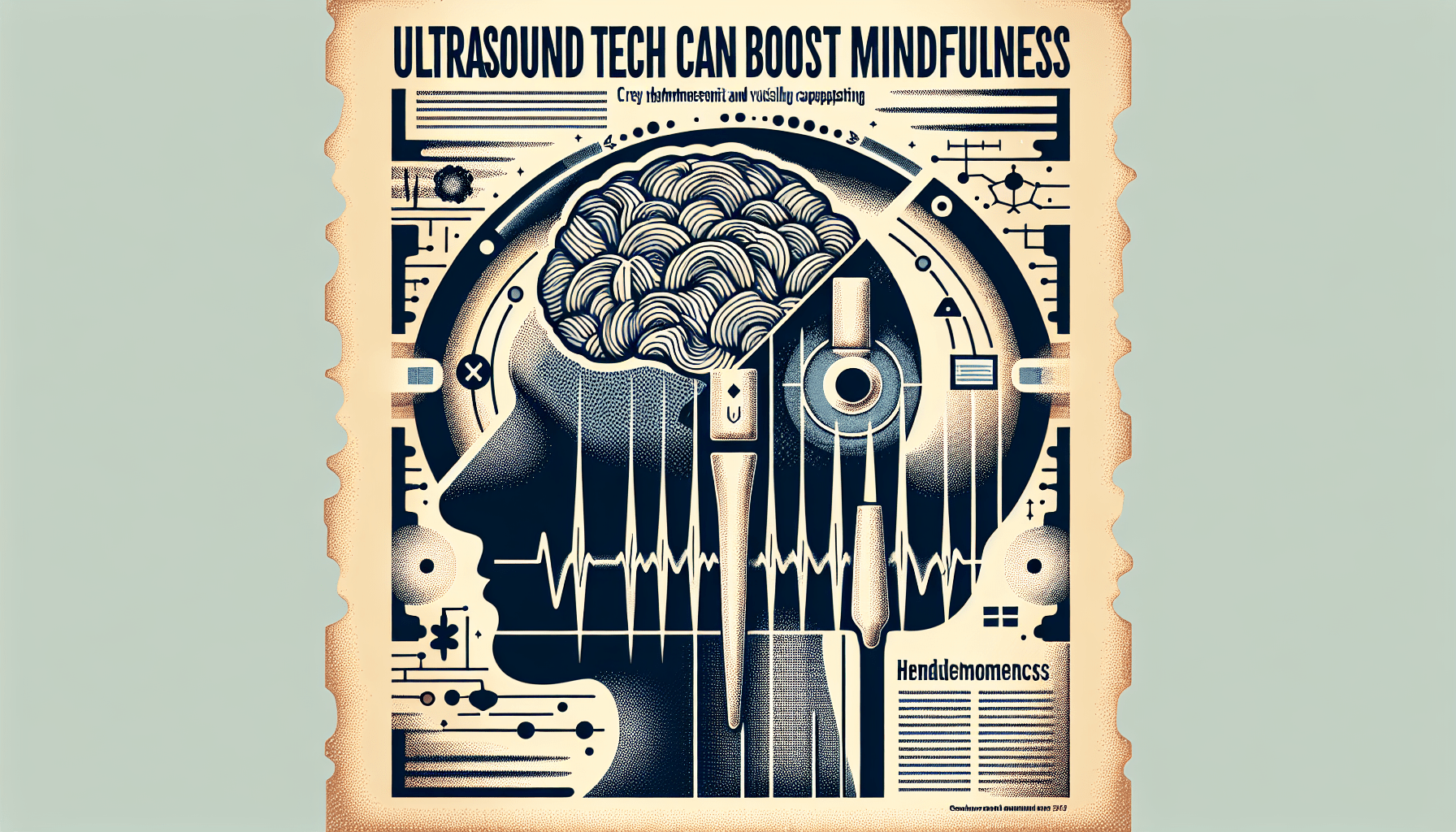Have you ever wondered how mindfulness can benefit both preschoolers and their parents? It’s a curious thought, isn’t it? Consider the whirlwind of activities that forms your daily life, whether it’s the hustle of managing work, sitting through seemingly endless traffic, or ensuring that your child has everything they need. Amid this chaos, you may recognize the importance of your child’s emotional and mental health. Interestingly, mindfulness, a practice that cultivates present-moment awareness, offers profound benefits not just for you but for your preschool-aged child as well.
The Power of Mindfulness
Mindfulness has garnered attention for its potential to improve mental and emotional well-being. It isn’t just a fleeting trend but a vital practice, particularly in early childhood education.
Enhancing Learning Capabilities
One of the key benefits of mindfulness is its ability to enhance learning capabilities by reducing stress and increasing focus. For preschoolers, navigating a world rich in sensory stimuli can be overwhelming. Through mindfulness, such as focusing on breathing or a specific object, children can build their ability to concentrate, thereby improving their learning experience.
Building Emotional Management Skills
Emotional management is another critical area improved by mindfulness. By learning how to manage their emotions effectively, children develop healthier emotional habits that serve them well throughout life. Mindfulness techniques teach them not just to recognize their feelings but also to respond to them constructively.
Supporting a Healthy Brain and Body
Mindfulness supports overall brain and body health. Simple but effective sensory activities can stimulate areas of the brain responsible for emotional regulation. For instance, exercises like ‘starfish breathing’ provide children with tools to calm themselves, reducing anxiety and promoting a sense of well-being.
Creating a Calm and Happy Classroom Environment
Imagine a classroom where children are happier and more focused. Daily mindfulness practices can create a serene and productive environment for children and teachers alike. Reduced stress levels in the classroom contribute to a more positive educational experience for all involved.
Providing Lifelong Tools for Stress Management
Lifelong tools for managing stress and enhancing success are invaluable. Teaching mindfulness at an early age equips children with skills that will benefit them throughout their lives. These tools are especially important in developing 21st-century skills highly valued by employers.

Bright Horizons and the Inner Explorer Program
Bright Horizons, a leader in early childhood education, has acknowledged the importance of integrating mindfulness into daily activities. The incorporation of the Inner Explorer program in its classrooms is a testament to this commitment.
About Inner Explorer
Inner Explorer is a mindfulness platform dedicated to supporting kids’ mental health and emotional well-being. It offers a range of mindfulness exercises tailored to children, making the practice accessible and engaging for young minds.
Implementation in Classrooms
Every Bright Horizons teacher receives training to seamlessly integrate mindfulness practices into daily educational activities. This ensures that mindfulness becomes a part of the children’s routine, rather than an occasional activity.

Key Activities in the Mindfulness Program
The Inner Explorer program is not just theoretical; it includes practical activities that children can engage in, making mindfulness tangible and impactful.
Deep Breathing Exercises
Deep breathing exercises are fundamental to mindfulness. Simple practices like focusing on one’s breath can significantly reduce stress and anxiety. Exercises such as ‘starfish breathing’ where children use their fingers to trace a pattern while breathing in and out, help make these practices engaging and fun.
Sensory Activities
Sensory activities are designed to ground children in the present moment using their five senses. For example, observing a stuffed animal while breathing can turn an ordinary object into a tool for mindfulness. Such activities help children become more aware of their bodies and sensations, fostering a deeper mind-body connection.
The Broader Impact of Mindfulness on Preschoolers
The broader impact of mindfulness on preschoolers cannot be overstated. Beyond the immediate benefits of enhanced focus and reduced stress, mindfulness offers long-term advantages that shape their future.
Enhanced Focus and Academic Success
By reducing distractions and promoting concentration, mindfulness practices help children become better learners. This early training sets the stage for academic success as they grow older.
Improved Emotional Intelligence
Learning how to manage emotions from a young age contributes to better emotional intelligence. Mindfulness encourages children to identify their feelings and react to them in a balanced way, fostering resilience and empathy.
Long-term Physical Health Benefits
Mindfulness doesn’t just improve mental health; it impacts physical health too. Techniques that involve deep breathing and relaxation can lower stress hormones, benefiting the cardiovascular system and overall physical well-being.

The Impact on Parents
While children are the primary beneficiaries, parents also gain significantly from mindfulness practices.
Reduced Parental Stress
Parenting is demanding, and managing stress is essential for your well-being. Mindfulness offers tools to reduce stress and anxiety, helping you cope better with the ups and downs of parenting.
Enhanced Parent-Child Bond
Mindfulness can improve the bond between you and your child. Shared mindfulness activities encourage open communication and a deeper emotional connection. The act of practicing mindfulness together can be both fun and therapeutic.
Role Modeling Positive Behavior
By practicing mindfulness, you model positive behaviors for your child. Children learn by observing, and when they see you engaging in mindfulness, it becomes a natural part of their lives.
Better Emotional Management
Mindfulness helps in managing your emotions more effectively, allowing you to respond to parenting challenges with greater calm and clarity.
Conclusion
Mindfulness has far-reaching benefits for both preschoolers and their parents. Through daily practices, such as those offered by Bright Horizons’ Inner Explorer program, children can enhance their learning capabilities, build emotional management skills, and support their overall health. Parents, in turn, can experience reduced stress, improved emotional management, and a stronger bond with their children. Incorporating mindfulness into daily routines not only creates a more positive and calm environment today but also equips children and parents with lifelong tools for managing stress and enhancing success.
For more information about Bright Horizons and to locate a center near you, visit brighthorizons.com.




